
ANNOUNCEMENTS

Water for several decades has been viewed from an engineering lens and its management has pivoted around technological interventions. This approach has distanced people who traditionally took the responsibility to manage water by assuming ownership for the resource. The growing concerns around water and the need to adopt a triple bottom line approach to managing the resource has thus led to adopting an inclusive and integrated approach to water management.
The M. Tech programme in Water Resources Engineering and Management offered by the Coca-Cola Department of Regional Water Studies integrates engineering and technological theories with socio-economic principles. The courses that are taught as part of the M. Tech programme in Water Resources Engineering and Management address the technical, social, economic, legal and political, dimensions of water. Interdisciplinary in its scope and objectives, the programme prepares students for a rewarding and challenging career in water resources management.
With increasing demand for interdisciplinary water professionals in diverse set of organizations, a student pursuing M. Tech programme in Water Resources Engineering and Management is sure to have a first mover advantage in the integrated water management arena. 95% of our Alumni are currently working in corporate, think-tanks, NGOs, civil society organizations, research institutions etc.
• Strong industry links and opportunities to work closely with local and international organisations
• A multinational, innovative and interactive learning environment
• Provide technological solutions to water resources related problems
• Ability to benchmark social and economic performance of interventions in water sector.
• Capability to simulate alternative “What-if” scenarios and identify appropriate interventions using modeling and geo-spatial technology .
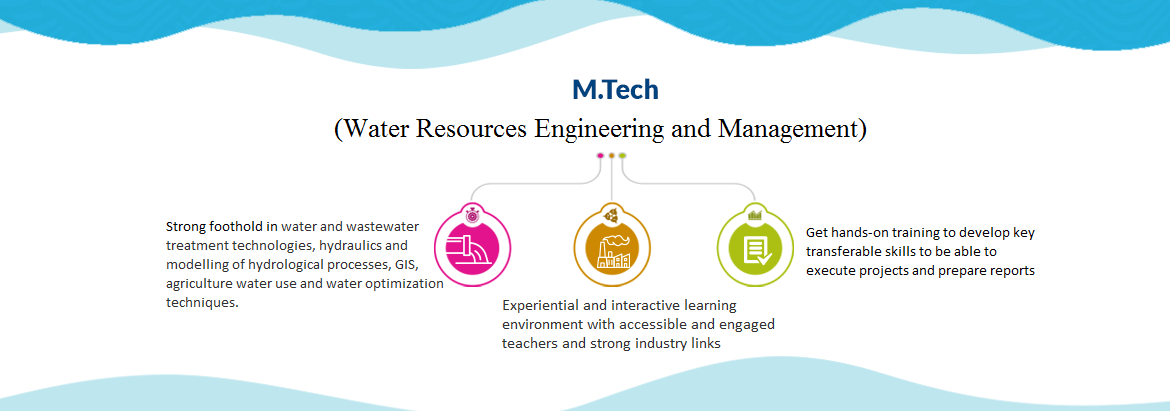
Water Science is one of the unique programme, it gave me ample opportunities to learn all dimensions of water. I loved the Goa trip most in year 2015, I got my first exposure to industrial work with coke and found myself lucky, the environment is very free & refreshing to entertain & learning for research. TERI University helped producing research platform & that is why I, am working at TERI as Research Associate.
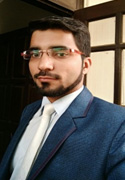
Being an environmental engineer, TERI University was an appropriate choice to prove postgraduation for mainstreaming into water science. My scientific and technical knowledge got evolved into a multidisciplinary avenue where I was exposed to subjects and equity dimensions of water. Apart from the programme with the various environmental activities and opportunities for students to interact and learn from national global leaders with events such as Urban Wash and many more organised by the government of India and USAID.
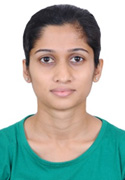
During my bachelor’s in civil engineering, my interest towards environment studies especially water related subjects was more. And India, being a rainfall dependent nation, the need for water engineers is increasing. So, I chose an M.Tech (Water Science and Governance) program in Teri University. At first, I thought the program will only deal with engineering and hydrological dimension of water but instead, the program addresses all the dimensions like Gender, Law, Conflict management, GIS, planning, governance, traditional system, irrigation and sanitation. And the course also offered many opportunities like training in research methodology, quality testing labs, GIS labs, seminars and conferences, etc. And importantly Field visit where we saw the rural people's relation with water and how they are coping to the changing climatic conditions. This and the assignments given by the professors helped and motivated me to work in an NGO.
For my internship, I chose to work with DHAN Foundation in Tamil Nadu under Vaigai River Restoration Project. While working with DHAN, I have witnessed various programmes from tank and pond restoration, empowering women through self-help groups, etc. and I saw the difference they brought to their lives. So, despite being an Engineer, I decided to continue my career in the same NGO. I got placed as Project executive, Water Knowledge Centre, Tata-Dhan Academy, a development management school promoted by DHAN Foundation where I work in their research projects in tank system and other water related studies. This opportunity is helping me improve both my technical knowledge and work at the grass root level with the community. This was possible through the guidance given by my professors at TERI and the various platforms created by them. I recommend the students who have passion towards water sector and to work in various dimensions of it, to join this program. I hope as the students of this course, we will address our country's water and its related problems and contribute to our country to achieve a water secure future.â€
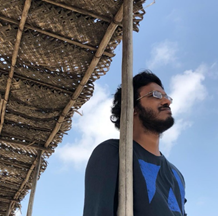


















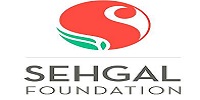

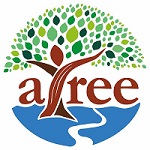










| Year | Courses | Credits | Duration* |
| First Year | |||
| 1st Semester | 8 Core Courses | 27 | 15 Weeks |
| 2nd Semester | 7 Core Courses + Field Trip | 27 | 15 Weeks |
| Second Year | |||
| 3rd Semester | 2 Core Courses, + 2 Electives and 1 Minor Project | 17 | 15 Weeks |
| 4th Semester | Major Project | 16 | 15 Weeks |
* Does not include mid and end-semester breaks and evaluation schedules (based on major and minor tests and assignments)
** In 3rd semester we offer a basket of 3 elective courses out of which each student has to take at least 2.
| Semester 1 | ||||||
| Course No. | Course Title | Type | Number of Credits | No. of L-T-P | Course Coordinator | Course Offered |
| MEU 173 | Stochastic modelling | Core | 4 | 42-18-0 | Prof. Prateek Sharma | Yes |
| WSW 133 | Advanced Hydraulics | Core | 4 | 34-26-0 | Yes | |
| WSW 143 | Water resources - Institutions and governance | Core | 3 | 19-18-0 | Yes | |
| WSW 145 | Water Quality monitoring methods and analysis | Core | 3 | 18-0-56 | Prof Arun Kansal | Yes |
| WSW 163 | Gender, rights and equity perspective for sustainable water management | Core | 3 | 24-21-0 | Yes | |
| WSW 167 | Applied hydrology and meteorology | Core | 3 | 32-13-0 | Dr Ranjana Ray Chaudhuri | Yes |
| WSW 169 | Introduction to Geoinformatics | Core | 4 | 37-10-24 | Yes | |
| WSW 181 | Water planning and management | Core | 3 | 45-0-0 | Yes | |
| Semester 2 | ||||||
| Course No. | Course Title | Type | Number of Credits | No. of L-T-P | Course Coordinator | Course Offered |
| WSW 101 | Field trip on Water Management Practices | Core | 1 | 2-3-20 | Yes | |
| WSW 136 | Irrigation water and drainage management | Core | 4 | 50-0-18 | Dr Ranjana Ray Chaudhuri | Yes |
| WSW 147 | Economic and financial evaluation of water infrastructure | Core | 4 | 46-14-0 | Prof. Sukanya Das, Prof Arun Kansal | Yes |
| WSW 173 | Optimization techniques for water management | Core | 4 | 42-17-0 | Yes | |
| WSW 176 | Water quality modelling and application | Core | 4 | 45-0-28 | Prof. Prateek Sharma | Yes |
| WSW 178 | Applied geo-informatics for water resources | Core | 3 | 28-6-22 | Yes | |
| WSW 179 | Qualitative research methods and technical writing | Core | 3 | 14-14-34 | Yes | |
| WSW 186 | Design of water supply and sanitation system | Core | 4 | 44-16-0 | Prof Arun Kansal | Yes |
| Semester 3 | ||||||
| Course No. | Course Title | Type | Number of Credits | No. of L-T-P | Course Coordinator | Course Offered |
| NRE 163 | Groundwater Hydrology and Management | Elective | 3 | 31-14-0 | Dr Saumya Arya | Yes |
| WSW 109 | Minor Project in Water Resources Engineering and Management | Core | 6 | 0-0-12 | Yes | |
| WSW 132 | Industrial pollution control | Elective | 3 | 28-17-0 | Prof Arun Kansal | No |
| WSW 153 | Water law | Core | 3 | 34-11-0 | Mr. Shawahiq Siddiqui | Yes |
| WSW 177 | Social, economic and health dimensions of water, sanitation and hygiene | Elective | 3 | 42-2-0 | Prof. Sukanya Das | No |
| WSW 182 | Water security and conflict management | Core | 2 | 21-9-0 | Prof. Vishal Narain | Yes |
| Semester 4 | ||||||
| Course No. | Course Title | Type | Number of Credits | No. of L-T-P | Course Coordinator | Course Offered |
| WSW 110 | Major Project in Water Resources Engineering and Management | Core | 16 | 0-0-32 | Yes | |
For past program/course outline see: Archive M. Tech (Water Resources Engineering and Management)
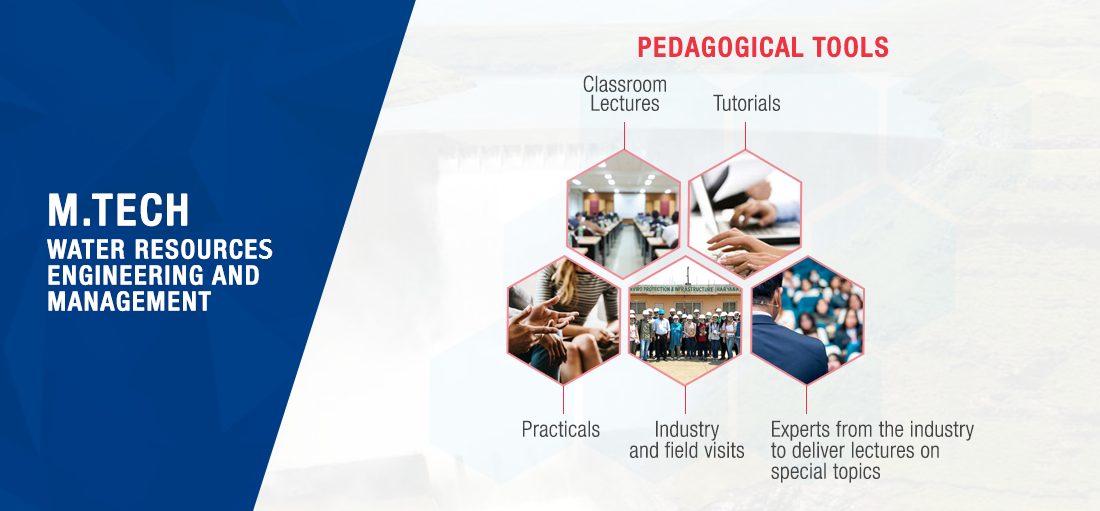
The introduction of this new Student Output/ Major Project section aims at highlighting the exceptional work done by our students during their Major Projects.
Laying strong emphasis on practical knowledge, Major Project at TERI SAS is a mandatory exercise in which the students work with industry to gain real-world work experience.
The 16-20 week-long Major Project prepares the students for real-world work environment followed by submission of an academic thesis for evaluation.
It’s hard to categorize the work of our students as all our students put extreme hard work to make their Project better than their peers. But there is always a place for exceptional work that stands out and calls for attention.
Here are some inspirational Major Project outputs by our students which not only stand out but have also left a deep impact on socio-economic aspects of people’s lives in general.
Plot No. 10, Institutional Area, Vasant Kunj, New Delhi - 110 070, India.
Tel. +91 11 71800222 (25 lines).
Website : www.terisas.ac.in
Email id : registrar@terisas.ac.in
© Copyright © 2025, TERI SAS, All rights reserved.
Visitors No.: 47330596 Since 2023


